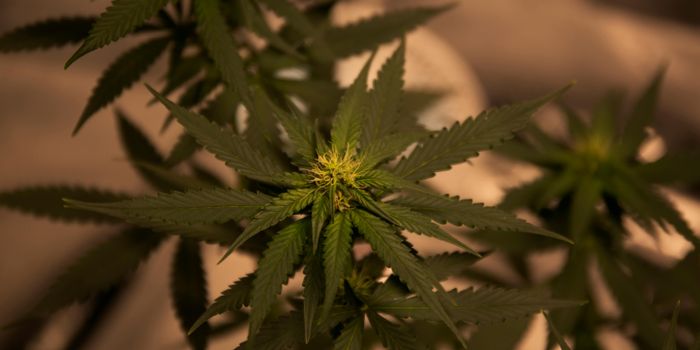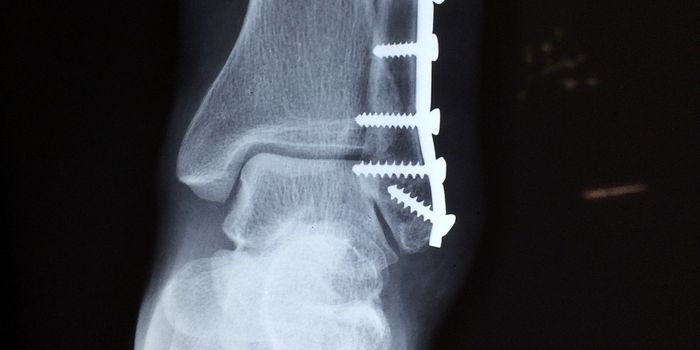FDA Approves Drugs Faster than Ever- But is That Good?
The Food and Drug Administration (FDA) is approving new drugs for patients on less and less evidence thanks to special programs that streamline their approval. This comes as the FDA has also become increasingly reliant on funding from pharmaceutical companies- from $300 million in the 1990’s to over $4 billion in the 2010’s. But what does this mean for patients?
In a new study, researchers from Harvard Medical School analyzed principal federal laws and FDA regulations alongside FDA databases on approved drugs between 1984 and 2018, to understand how the drug approval process has changed over time. Whereas the average drug approval time in the late 1980’s was just 2.8 years, by 2019, they found that the same figure was reduced to just 7.6 months. Moreover, they found that whereas the share of new drugs supported by two strong clinical trials, as opposed to just one, was 81% in the 1990’s, by the 2010’s, it was just 53%.
Although good news if it would enable highly effective new drugs to reach the market faster, research shows that many of these new drugs instead have marginal effects on health outcomes. In fact, the large majority of these newly approved drugs may have few, if any, benefit over pre-existing therapies.
So how did this happen? This comes as the special programs expediting their progress accept more flexible evidence. Today for example, evidence of a drug’s efficacy in modulating cholesterol levels or tumor size is sufficient to gain FDA approval, as opposed to demonstrating evidence that it may help people live longer, feel better over longer periods of time, or avoid emergency medical situations such as heart attacks.
Rather than requiring drug companies to report this information before approval, the FDA now urges them to collect it after their drugs have reached the market. Lead researcher, Jonathan Darrow, said, “In the meantime, the agency is allowing doctors and patients to use the drug while the additional information is being collected...Once drugs are available, they are available to all patients due to off-label prescribing, and those patients may not realize those drugs were approved on the basis of limited evidence or that more evidence is still being collected."
Such practices of quickly approving new drugs with limited research has, according to Dr. Joshua Sharfstein, from the John Hopkins Bloomberg School of Public Health, needlessly driven up healthcare costs. He said, “I think that it's very important for FDA to study which incentives, under what circumstances, really lead to medications that make a huge difference for patients, and propose more efficient ways to apply those incentives.”
Sources: WebMD, JAMA Network and NPR









